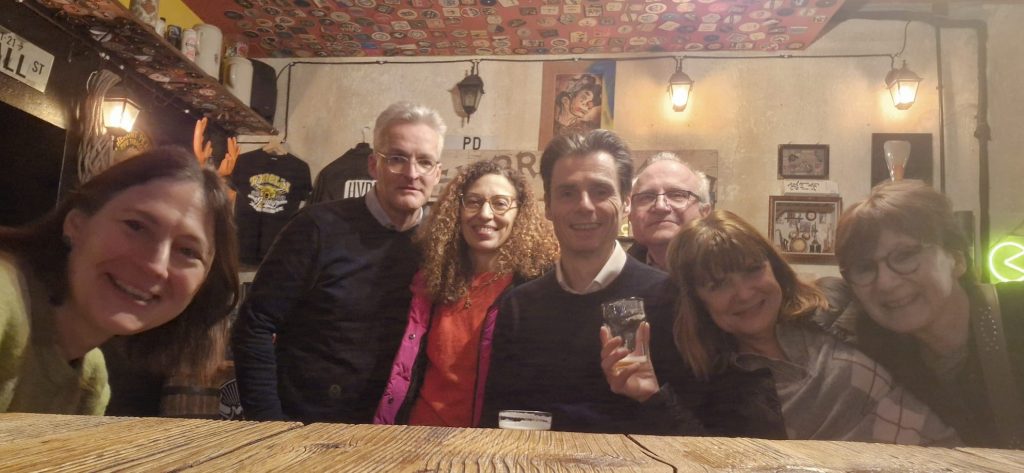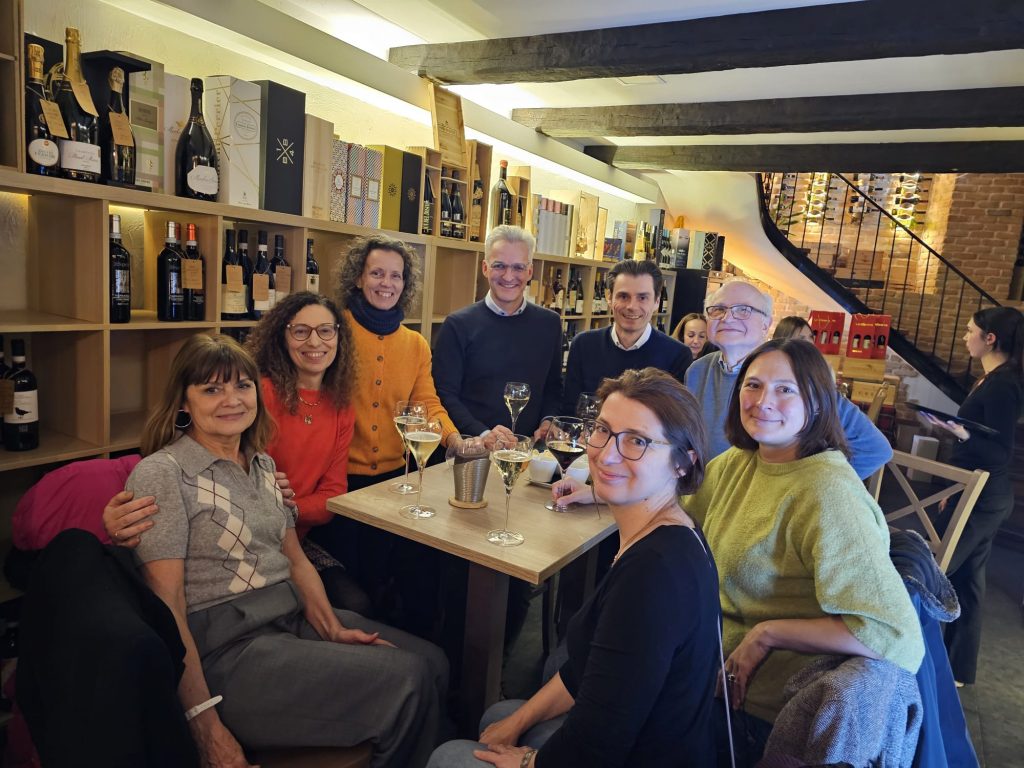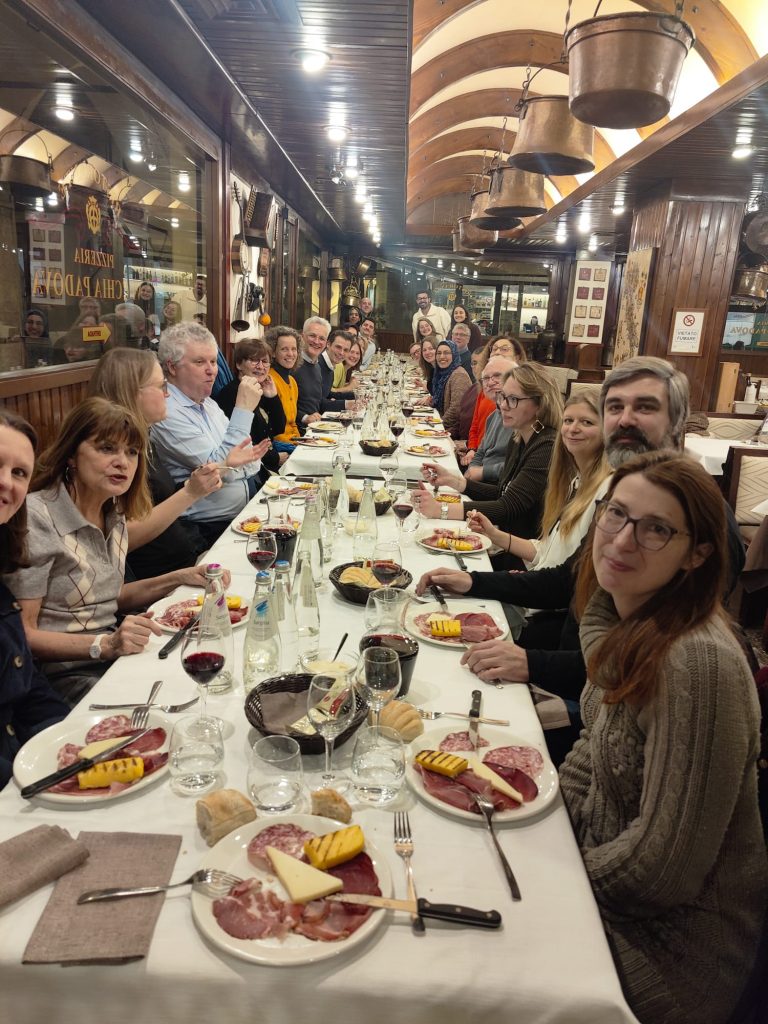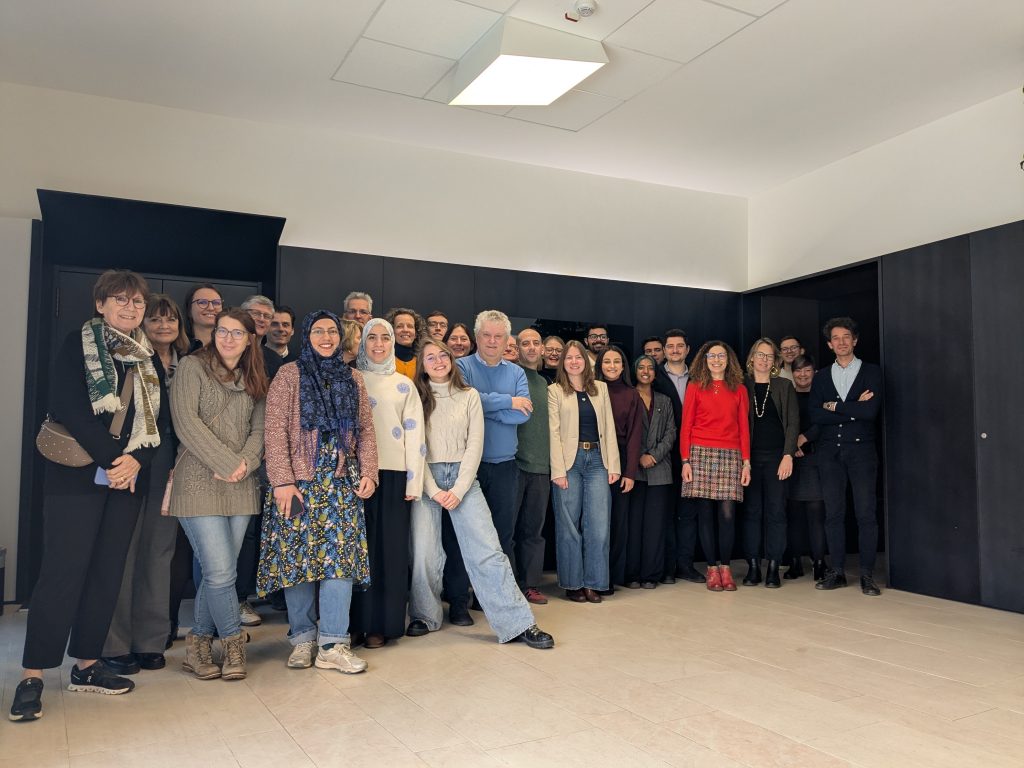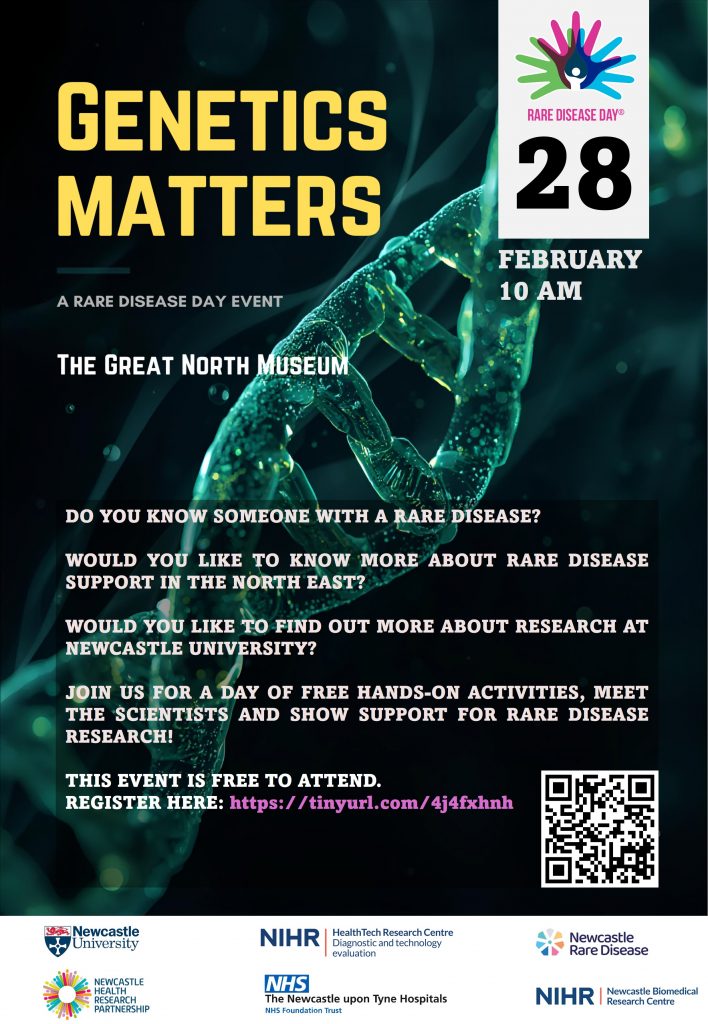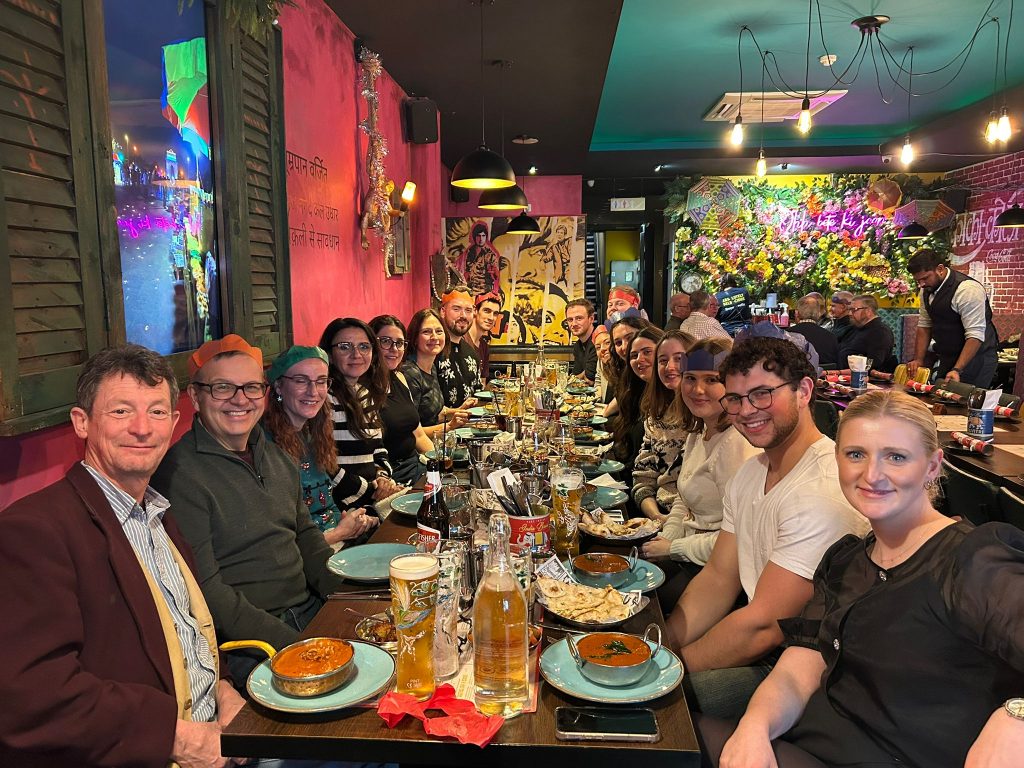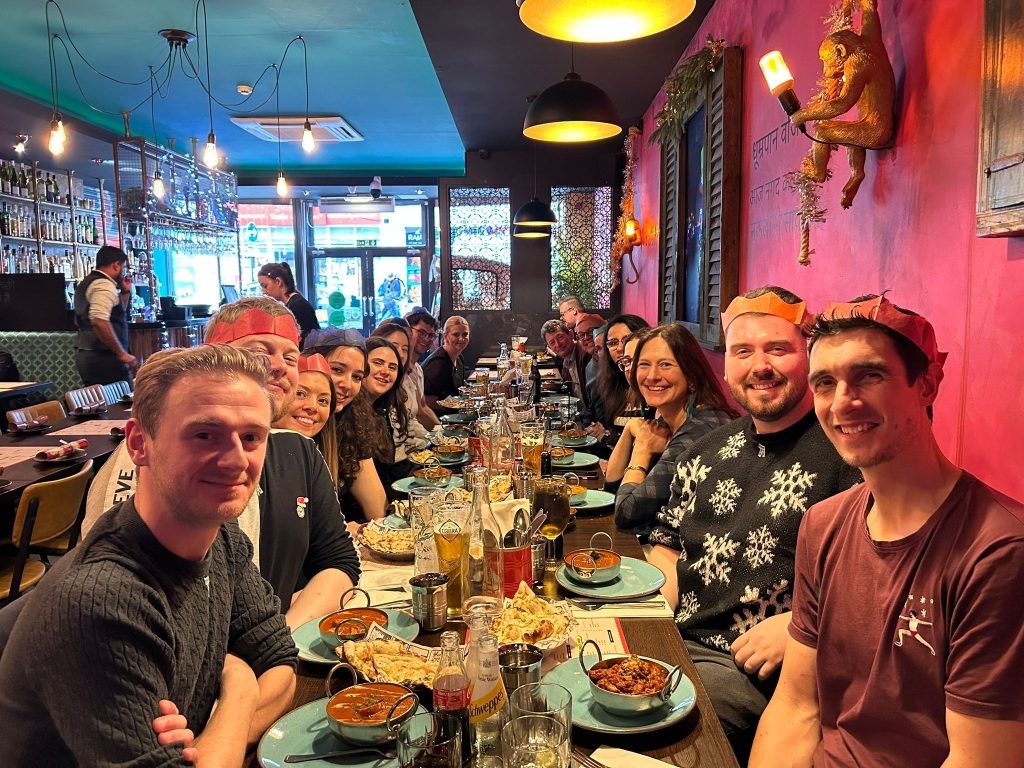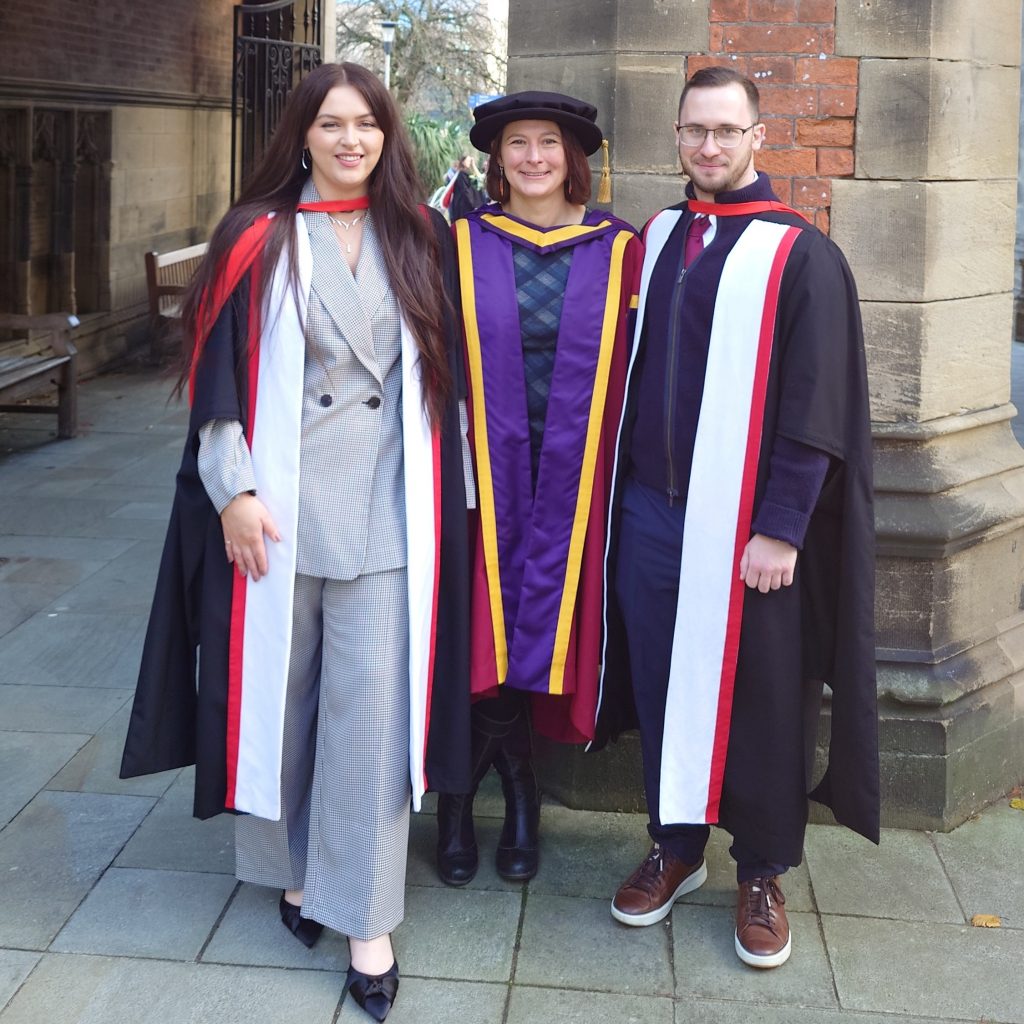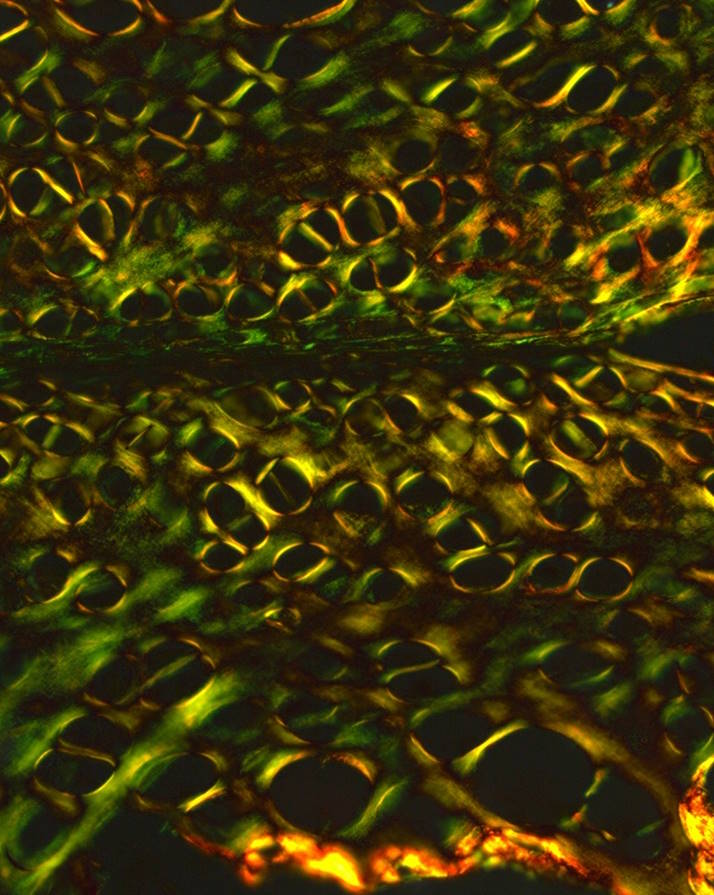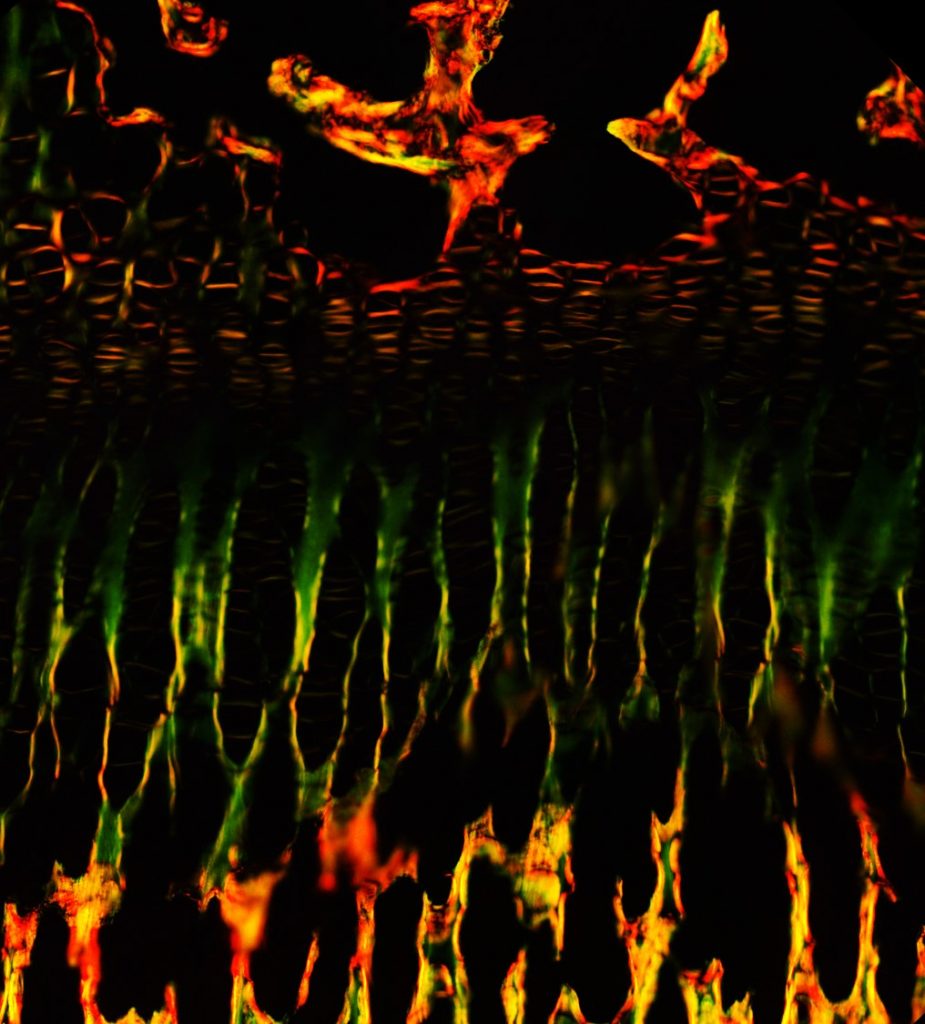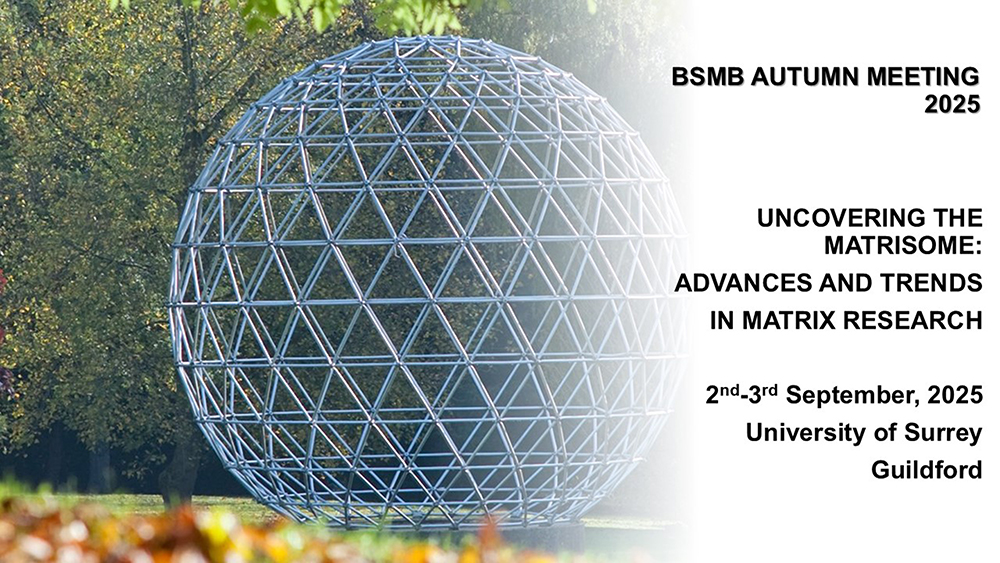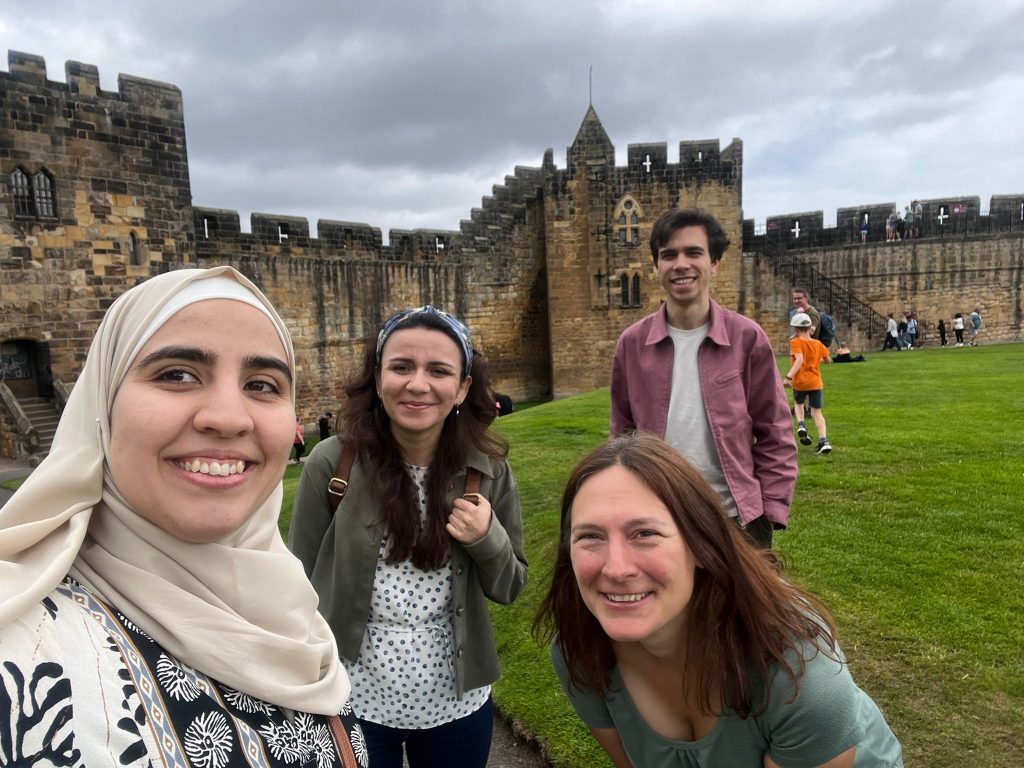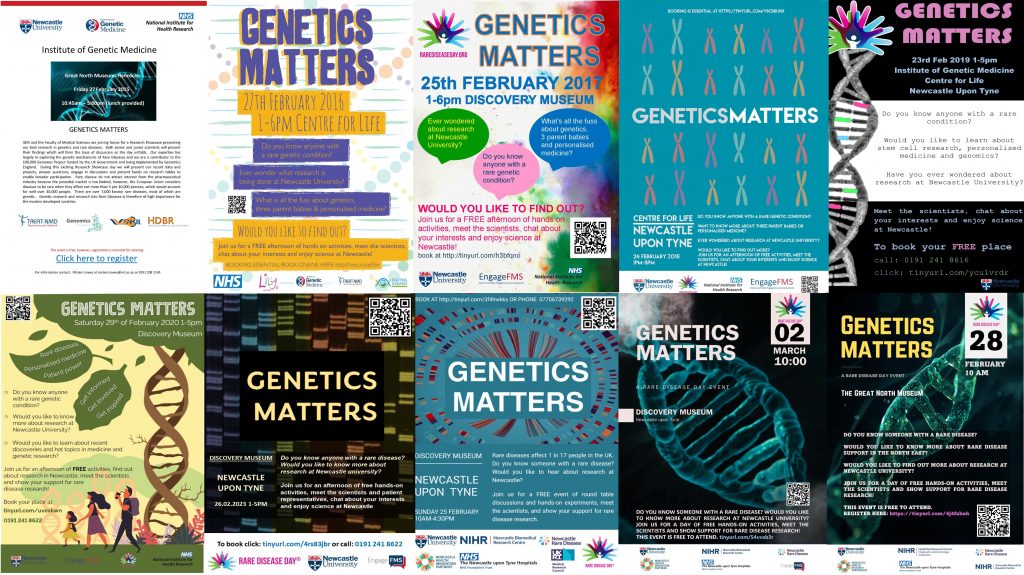
Genetics Matters flyers 2015-2026.
Time really flies when you’re having fun!
This year marks the 10th edition of our popular Genetics Matters – a Rare Disease Day event. Over the years we have chatted to over 900 people, exhibited work by 20+ genetic and rare disease laboratories, interacted with multiple charities and patient organisations and worked tirelessly to raise awareness of rare diseases and rare disease research in the North East.
We are really looking forward to seeing everyone at the Great North Museum: Hancock this Saturday at 10am. There will be presentations, debates, hands on experiments, microscopes, activities, enthusiastic scientists, free lunch, and some yummy cake.
Event agenda
09:30-10:10 Arrival and tea/coffee
10:10-10:15 Welcome – Kasia Pirog
10:15-10:30 Introduction to the rare disease landscape at Newcastle – John Sayer
10:30-10:50 Jordi Diaz-Manera: Presenting the MyoGuide – a resource to advance diagnosis and research in neuromuscular diseases
10:50-11:10 Sophie Hambleton: What are ‘Advanced Therapies’ and what hope do they offer for people living with a rare disease?
11:10-11:30 Annette Pantall: A patient’s perspective on the importance of genetics and novel therapies
11:30-11:50 Carly Nicklin: Anthony Nolan, a pioneering UK charity that saves the lives of people with blood cancer and blood disorders by managing a stem cell donor register
11:50-12:30 Debate: How do we get more treatments to the people who need them? In the absence of medicines and cures for many conditions, how do we help patients live their best lives? How do we address inequities for people living with a rare disease?
12:30-13:00 Lunch (buffet)
13:00-15:00 Round tables (lab demos, hands on activities, approx. 10-15 min per table)
- rare skin conditions & microbiology,
- chondrodysplasias & connective tissue engineering,
- neuromuscular disorders,
- Human Developmental Biology Resource (HDBR),
- cystic fibrosis research,
- blood marrow donation matching,
- rare eye diseases and eye organoids,
- inborn errors of immunity,
- rare kidney disease,
- NIHR HealthTech Research Centre in Diagnostic and Technology Evaluation
